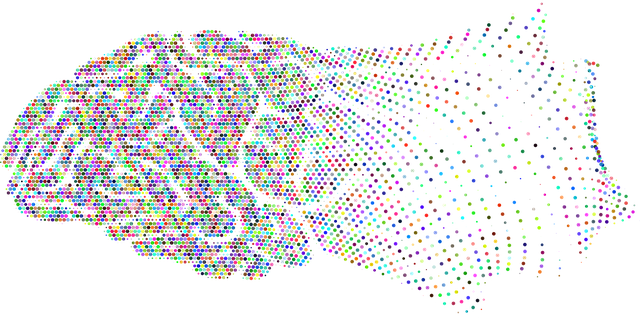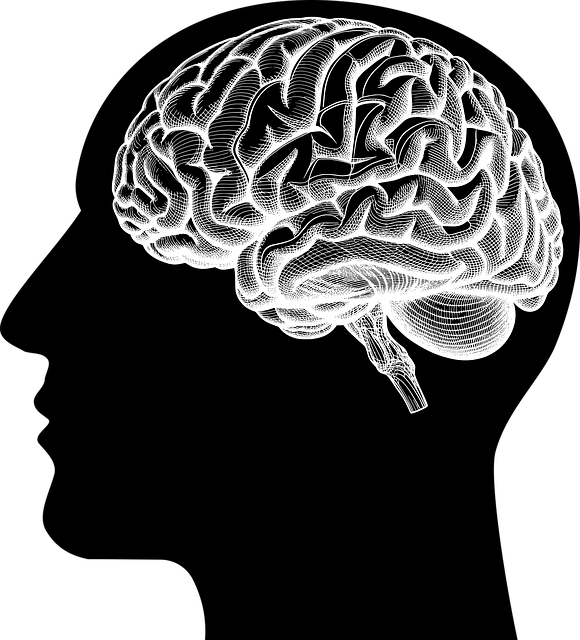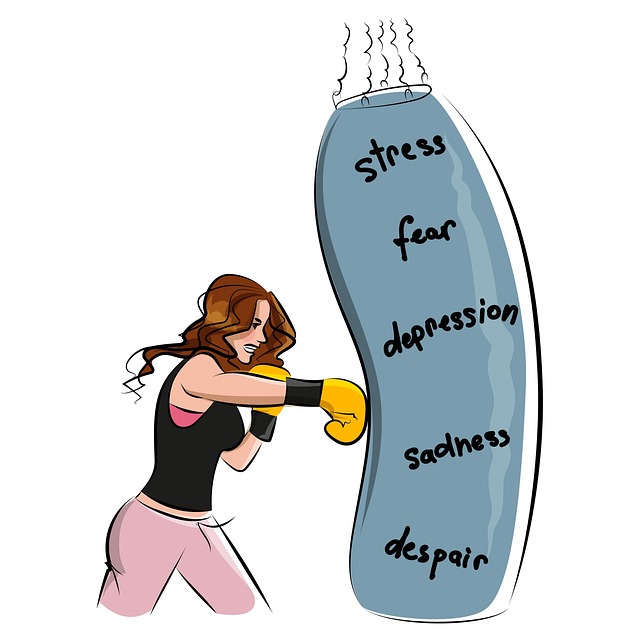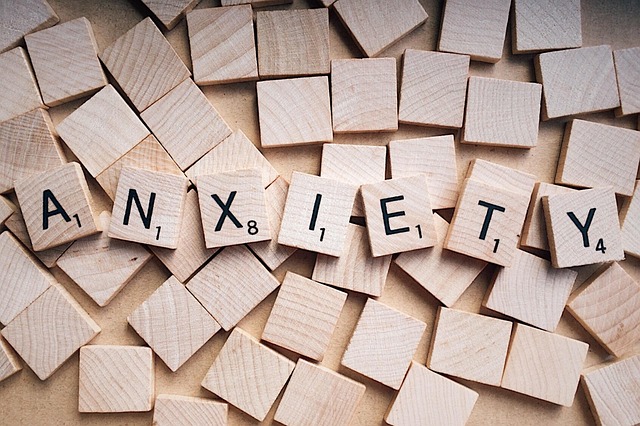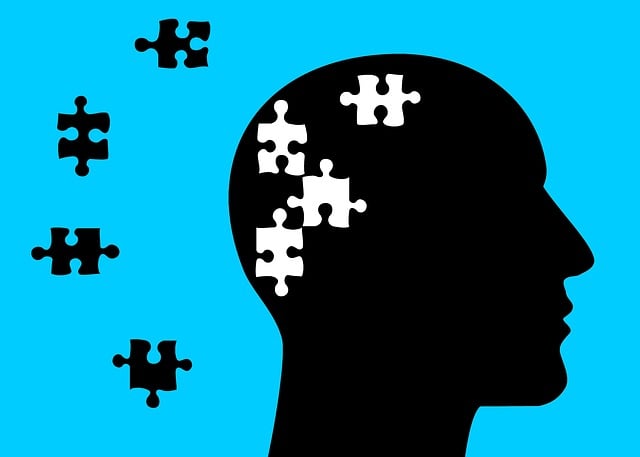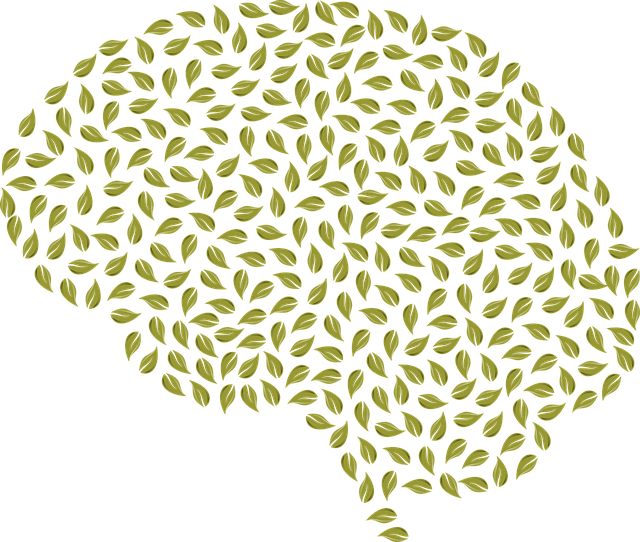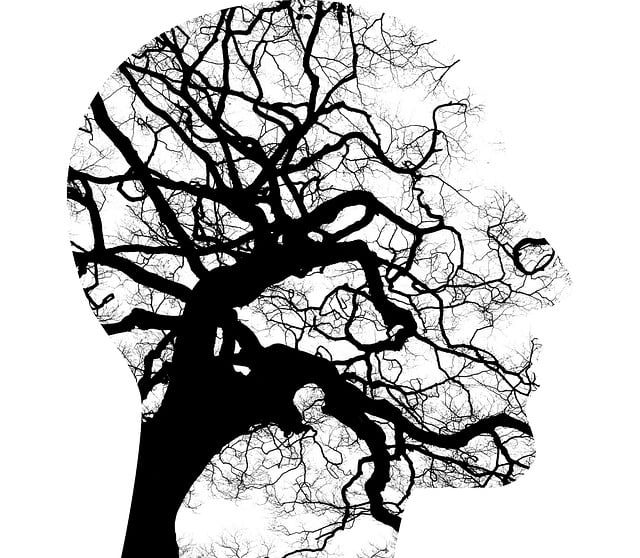Mood regulation is a cornerstone of children's mental wellness, and teaching them emotional intelligence skills through evidence-based practices like EMDR therapy enhances their ability to manage emotions. Therapy for Children EMDR Certified professionals use techniques like self-awareness exercises and bilateral stimulation to process traumatic memories, reduce negative impacts, and install positive associations. This holistic approach, combined with mindfulness, breathing exercises, and open communication, equips kids with healthier coping mechanisms for life's challenges, fostering emotional stability and resilience. Success stories like Emily's demonstrate the power of these strategies in transforming lives, particularly when accessed through EMDR certified therapists.
Mood regulation is a vital skill, especially for children, as it significantly impacts their overall well-being and development. This article explores various strategies to help young individuals navigate and manage their emotions effectively. We delve into the importance of understanding mood regulation and its impact on children’s lives. A key focus lies in the potential of EMDR (Eye Movement Desensitization and Reprocessing) therapy, a certified approach for emotional healing. Additionally, we provide practical tips for parents to support their child’s emotional growth and share inspiring success stories showcasing the power of these techniques.
- Understanding Mood Regulation and Its Importance in Children
- The Role of EMDR Therapy for Effective Mood Management
- Practical Strategies for Parents: Supporting Children's Emotional Well-being
- Success Stories: Real-life Impact of Mood Regulation Techniques
Understanding Mood Regulation and Its Importance in Children

Understanding mood regulation is crucial for fostering mental wellness in children. Children, like adults, experience a wide range of emotions, and learning to navigate and manage these feelings is an essential part of their development. Mood regulation strategies help kids cope with strong emotions, reduce stress, and improve overall emotional intelligence. This process involves recognizing triggers, developing healthy coping mechanisms, and enhancing self-awareness—skills that are particularly beneficial in the context of therapy for children.
EMDR (Eye Movement Desensitization and Reprocessing) Certified therapists play a vital role in teaching these skills through specialized therapy sessions. By incorporating techniques from EMDR and other evidence-based practices, healthcare providers can help young clients process traumatic experiences and reduce the impact of negative memories on their current emotional state. Additionally, Self-Awareness Exercises and components of Mental Wellness Podcast Series Production can be integrated into a comprehensive approach to enhance children’s understanding of their emotions and promote healthy expression, thereby strengthening their ability to regulate mood effectively.
The Role of EMDR Therapy for Effective Mood Management

EMDR Therapy for Children has emerged as a powerful tool in the realm of mood regulation strategies. This therapy, known for its effectiveness in treating trauma, also plays a pivotal role in promoting emotional well-being among younger individuals. Certified EMDR therapists employ specialized techniques to enhance self-awareness exercises, enabling children to process and manage their emotions more effectively.
Through structured protocols, EMDR facilitates the re-evaluation of distressing memories or beliefs, often coupled with bilateral stimulation methods like side-to-side eye movements or tactile taps. This process helps desensitize individuals to negative stimuli while installing positive associations, thereby fostering improved mood management skills. By integrating these techniques, therapists contribute to a holistic approach in emotional well-being promotion techniques, ensuring children develop healthier coping mechanisms for life’s challenges.
Practical Strategies for Parents: Supporting Children's Emotional Well-being

Parenting is a challenging yet rewarding journey, especially when it comes to guiding children through their emotional growth and development. In today’s fast-paced world, where stress and anxiety can easily impact young minds, parents play a pivotal role in teaching their kids practical mood regulation strategies. One effective approach that has gained recognition in therapy for children is Eye Movement Desensitization and Reprocessing (EMDR). EMDR certified therapists help children process traumatic memories or distressing events, fostering emotional healing processes and building resilience.
By incorporating techniques like mindfulness, deep breathing exercises, and cognitive restructuring, parents can empower their children to manage emotions effectively. Encouraging open communication and creating a safe space for expression is key. Teaching kids about emotional intelligence allows them to identify and understand their feelings, which is the first step towards regulating them. Through patience, consistency, and love, parents can help their children develop the skills needed to navigate life’s challenges with greater ease, ensuring their overall emotional well-being.
Success Stories: Real-life Impact of Mood Regulation Techniques

Many individuals have successfully transformed their lives through the implementation of mood regulation strategies. One notable example is the story of Emily, a young girl who struggled with anxiety and depression. Through EMDR therapy, a highly effective approach for processing traumatic memories, she learned to reframe negative thoughts and experiences. This powerful tool enabled her to gain a deeper understanding of her emotions and develop coping mechanisms that improved her overall mental wellness.
Additionally, conflict resolution techniques have proven invaluable in fostering emotional well-being. The Mental Wellness Podcast Series Production highlights numerous real-life success stories where individuals have harnessed the power of communication and negotiation to resolve interpersonal conflicts. By learning effective conflict resolution strategies, people can navigate challenging situations with resilience, enhancing their overall emotional stability and promoting a healthier mindset.
Mood regulation is a vital skill for children to develop, and with the right strategies, parents can significantly support their emotional well-being. This article has explored various techniques, from understanding mood dynamics to practical parenting approaches, and even highlighting the effectiveness of EMDR therapy for children—a powerful tool used by certified therapists. By implementing these strategies, parents can empower their children to navigate and manage their moods effectively, fostering a happier and healthier future.

